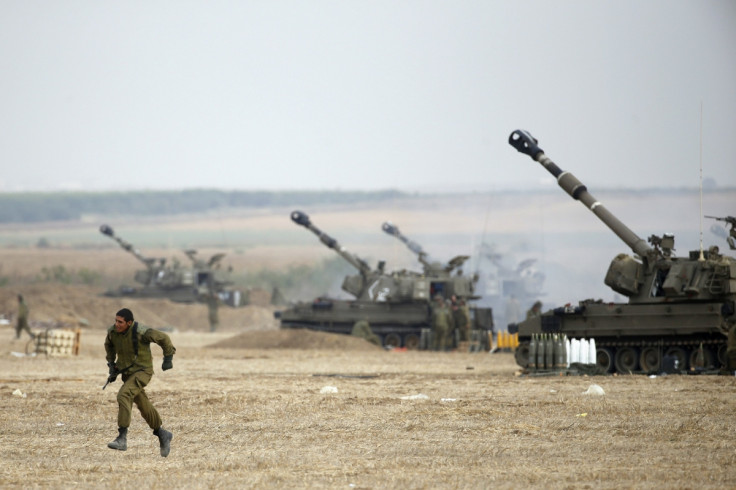Israel-Gaza Conflict: Diplomatic Efforts Stepped Up to Halt Fighting

Diplomatic efforts are being stepped by the international community to bring an end to the ongoing Israel-Gaza conflict even as the death toll of Palestinians has risen sharply.
The UN Security Council held an emergency session on Sunday night urging both sides to halt the fighting. The meeting was held at Jordan's request.
"The members of the Security Council express serious concern about the growing numbers of casualties. The members of the Security Council call for an immediate cessation of hostilities," said Rwandan Ambassador to the UN Eugene Richard Gasana after the meeting.
Israel's envoy to the UN, however, defended Tel Aviv's actions in recent weeks. "The solution is simple - if there is quiet in Israel there will be quiet in Gaza. Israel agreed to a ceasefire three times. Hamas rejected it," said Ron Prosor.
The council expressed its concern shortly after UN Secretary General Ban Ki-moon condemned Israel's intensified ground and aerial offensive as "an atrocious action". The UN chief is scheduled to be in Israel on Tuesday, 22 July.
The number Palestinians killed in the latest fighting is inching towards 500 with nearly 100 people killed on Sunday, 20 July, alone. At least 13 Israeli soldiers have been killed so far.
The diplomatic push comes alongside US Secretary of State John Kerry's expected arrival in Cairo to coordinate the ceasefire negotiations.
Along with Egyptian authorities, Kerry is poised to broker discussions in a bid to stop the fighting between Israel and Hamas.
The White House said Kerry will seek "an immediate cessation of hostilities based on a return to the November 2012 ceasefire agreement", adding that civilians must be protected in both Israel and Gaza.
Meanwhile, Israel has dismissed Hamas's claims that one of its soldiers has been captured by the militant organisation.
© Copyright IBTimes 2024. All rights reserved.






